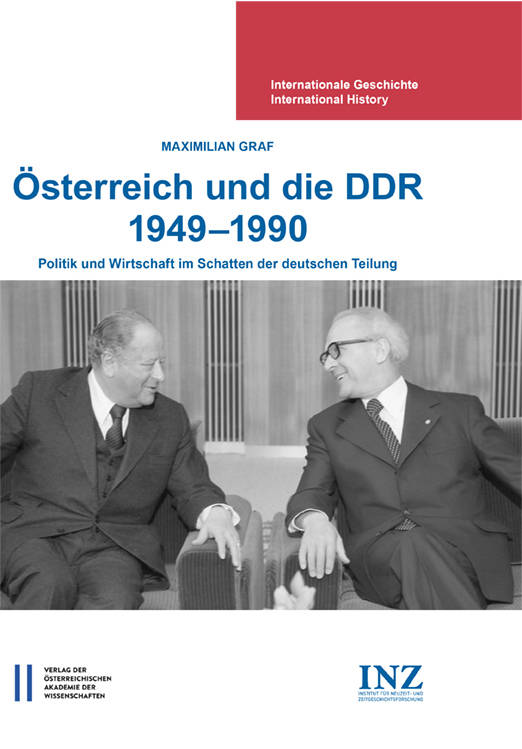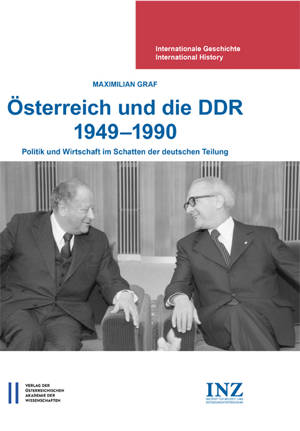

Club devient Librairie Club
Vous l’avez sûrement remarqué : notre boutique se pare d’un tout nouveau look frais et moderne ! Notre nom, logo et site ont été repensés, mais rassurez-vous : nous restons la même librairie et papeterie que vous connaissez et appréciez.
Curieux·euse de découvrir l’histoire derrière notre nouveau style ?









